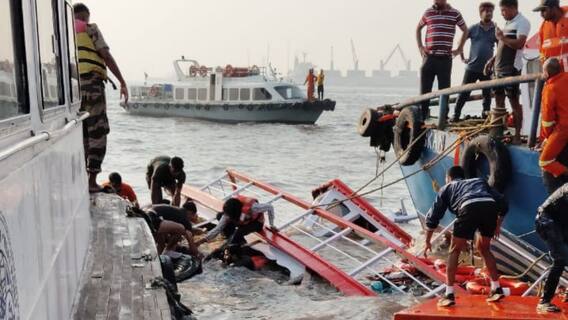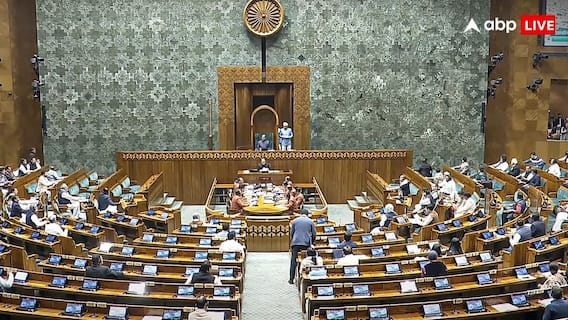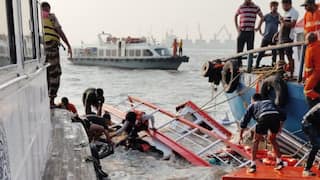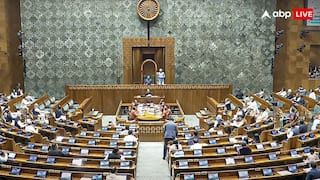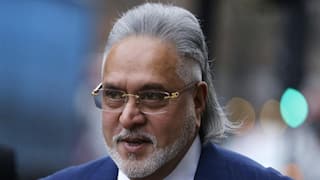Ukraine War: European Parliament Declares Russia A 'State Sponsor Of Terrorism'
With the Russian invasion of Ukraine in its ninth month, the EU Parliament voted to adopt a resolution calling Russia a 'state sponsor of terrorism'.

The European Parliament on Wednesday voted to adopt a resolution calling Russia a "state sponsor of terrorism" and a state which uses "means of terrorism" over the "brutal and inhumane" acts inflicted upon Ukraine since the launch of its invasion earlier this year, AFP reported.
"The deliberate attacks and atrocities carried out by the Russian Federation against the civilian population of Ukraine, the destruction of civilian infrastructure and other serious violations of human rights and international humanitarian law amount to acts of terror against the Ukrainian population and constitute war crimes," MEPs said in a resolution.
"In the light of the above, (the European Parliament) recognises Russia as a state sponsor of terrorism and as a state which uses means of terrorism," the resolution further said.
The resolution was approved with 494 votes in favour, 58 against and 44 abstentions.
The joined motion merged three resolutions submitted by the European People's Party, Renew Europe and the European Conservatives and Reformists group (ECR).
MEPs have condemned Russia's "illegal, unprovoked, and unjustified war of aggression" against Ukraine, accusing the Russian army of a slew of atrocities, including attacks on essential infrastructure, the murder of "thousands" of civilians and "hundreds" of children, summary executions, abductions, rape, harassment, torture, mass detentions, and forced deportations.
Citing the over 40,000 war crimes that have so far been documented in Ukraine, MEPs said: "These brutal and inhumane acts are causing death, suffering, destruction and displacement."
What does it mean to be declared a state sponsor of terrorism?
It mostly depends upon the jurisdiction. For the United States, it means "repeatedly provided support for acts of international terrorism." Currently, only Cuba, Iran, North Korea and Syria are on the list.
If named by the US, it means restrictions on foreign aid, a ban on defense exports to such governments, controls on exports of technology with potential military use and financial constraints. It also has implications for Russia's sovereign immunity in US courts.
Canada too has a similar instrument condemning "state supporters of terrorism."
The European Union currently has no centralized list of "state sponsors of terrorism" and no equivalent tool to deal with it. Russia wouldn't face any hard and fast legal consequences as such. The European Parliament has limited clout in foreign policy, which remains under the control of the 27 member states.
Trending News
Top Headlines





